
Looking after your well-being during isolation
 June 12th, 2020
June 12th, 2020 Nakita Cambow
Nakita Cambow Blog
Blog 0 Comments
0 Comments
We’ve all had to adopt significant changes to our lifestyles as a result of the COVID-19 pandemic. For many people with lupus and associated conditions this includes spending a lot more time at home and keeping a safe distance from other people.
During this unusual and stressful time it is perfectly natural to feel overwhelmed. It is important that you continue to look after your physical and mental well-being.
Stay active
We know that exercise is really good, not just for our physical health, but for mental health too. During isolation, many people are less physically active than before, so it is important to try and work some gentle exercise into your routine. Below we have provided some information about resources to support you in staying active, if you are unsure where to start:
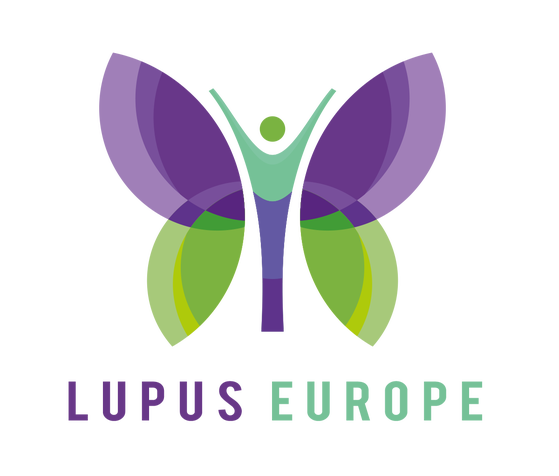 In collaboration with trained physical therapists LUPUS EUROPE has developed an exercise program specially designed for people with lupus and associated conditions. All of the exercises are designed for you to do at home, without any specialist equipment. Exercise doesn´t necessarily mean that you have to run a marathon or go to the gym. This program shows that you can do it no matter where you are and how you are feeling. You should be able to find a level that suits you each day. Each of the five levels has a video you can follow and an accompanying information sheet. Give it a go HERE.
In collaboration with trained physical therapists LUPUS EUROPE has developed an exercise program specially designed for people with lupus and associated conditions. All of the exercises are designed for you to do at home, without any specialist equipment. Exercise doesn´t necessarily mean that you have to run a marathon or go to the gym. This program shows that you can do it no matter where you are and how you are feeling. You should be able to find a level that suits you each day. Each of the five levels has a video you can follow and an accompanying information sheet. Give it a go HERE.
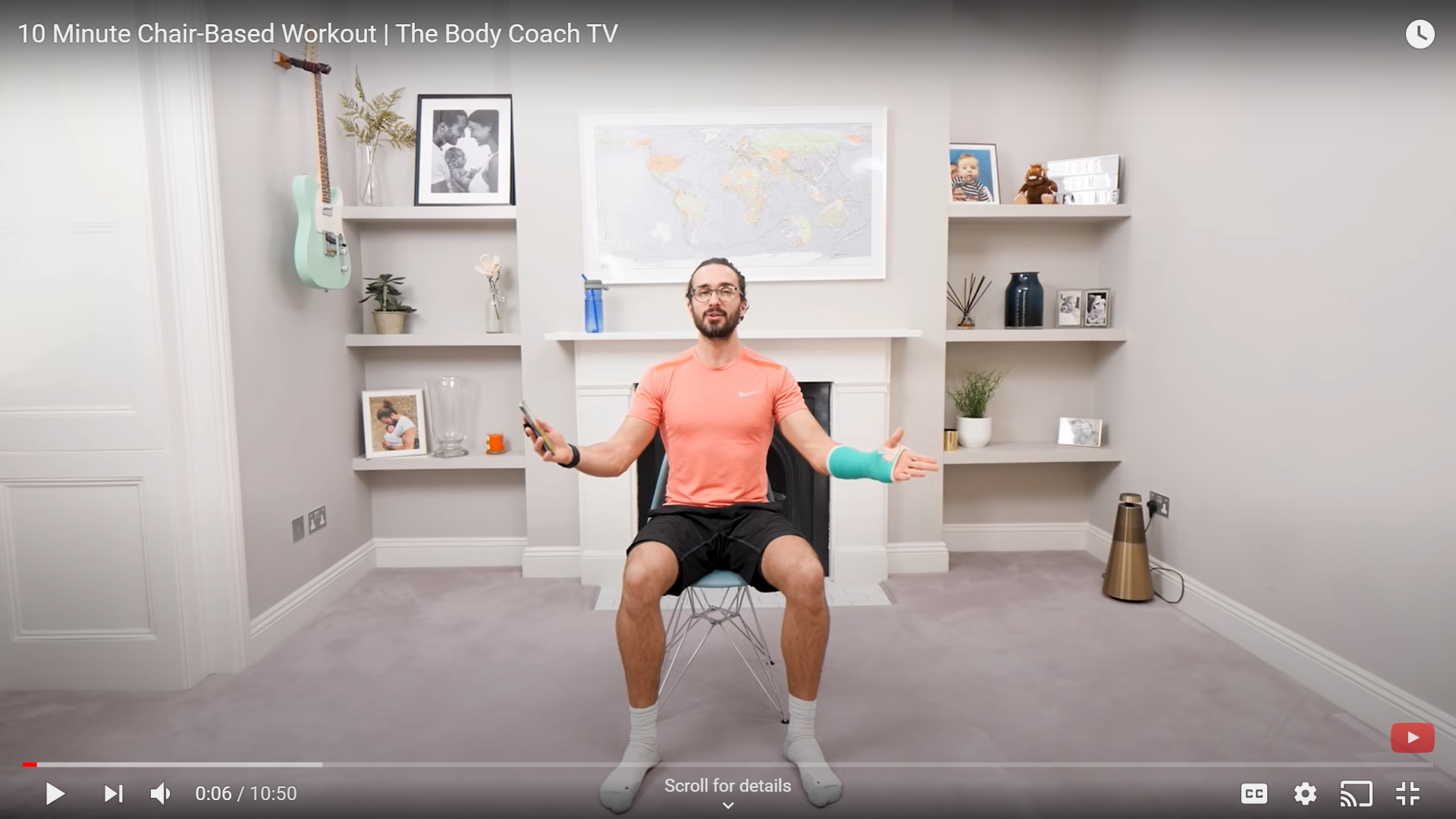 There are many different types of exercise you can do from home, such as yoga or Pilates. Classes can differ in duration and difficulty and end with a relaxation session. Short and effective workouts, designed by professionals, can be found on YouTube or downloaded as apps. The Body Coach, Joe Wicks, has become the nation’s much-loved PE Teacher during lockdown. He has created a 10-minute chair-based workout for those with limited mobility, HERE.
There are many different types of exercise you can do from home, such as yoga or Pilates. Classes can differ in duration and difficulty and end with a relaxation session. Short and effective workouts, designed by professionals, can be found on YouTube or downloaded as apps. The Body Coach, Joe Wicks, has become the nation’s much-loved PE Teacher during lockdown. He has created a 10-minute chair-based workout for those with limited mobility, HERE.
In England, Wales and Northern Ireland, if you are shielding the guidance has been changed providing an opportunity to spend some time outdoors each day (this is due to be introduced in Scotland from 18th June). You can read about the guidance HERE. You may wish to use this opportunity to be outdoors to get some gentle exercise, such as going for a walk or a cycle ride. It is very important that you maintain social distancing when outdoors. Here are some things you may wish to consider:
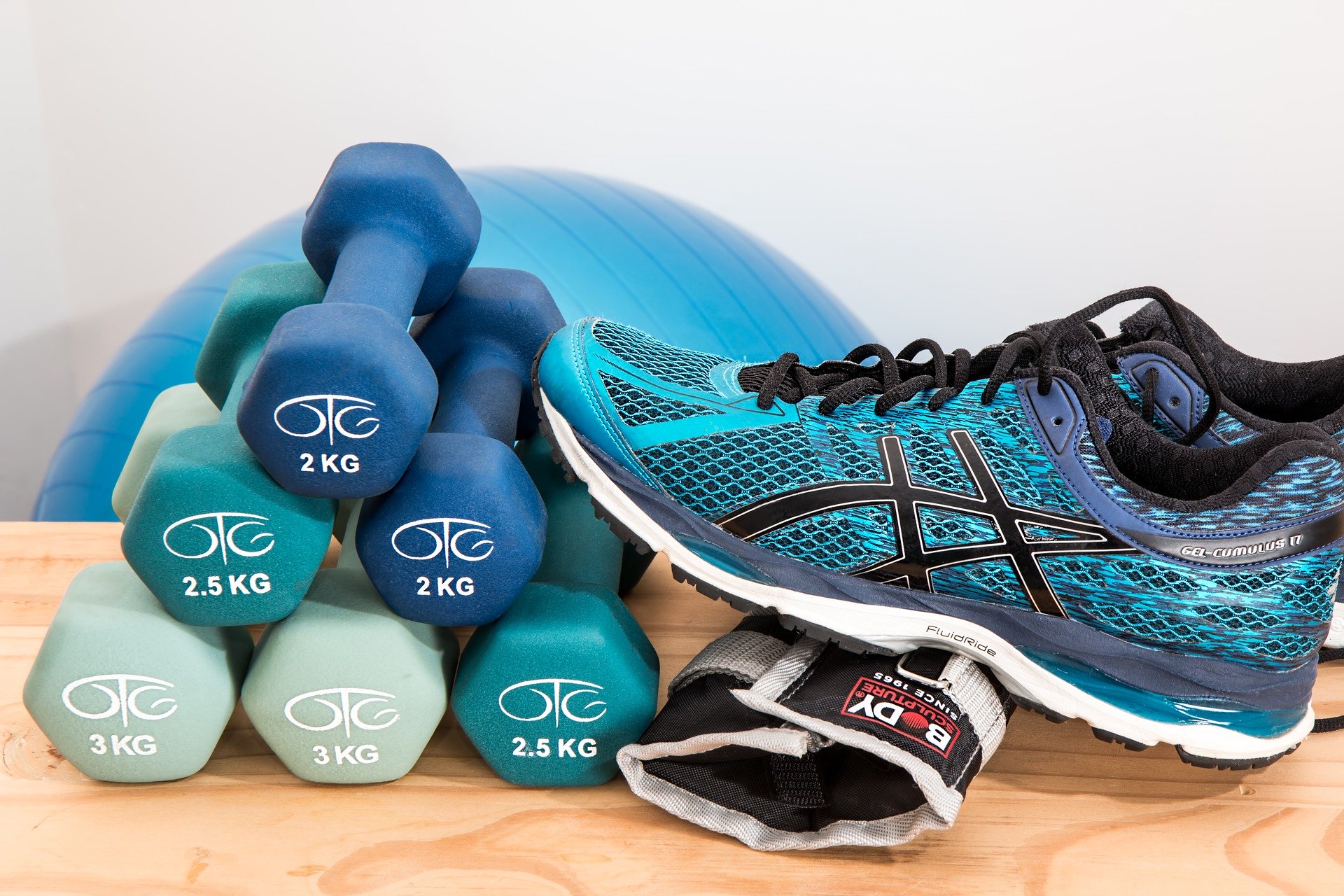 Choose the time and place of your outings carefully to ensure you avoid crowds:
Choose the time and place of your outings carefully to ensure you avoid crowds:
– Early morning and late evening tend to be quieter in most places.
– Open spaces can be easier for people to keep their distance than narrow paths
– Consider driving to somewhere quieter (but do not share a car with people from another household)
– Avoid touching surfaces that could have been touched by others (such as gates, benches etc.)
– Stay at least 2 metres from other people at all times.
This guidance remains advisory. If you do not currently feel comfortable going outdoors, you can continue to shield inside your household as before.
Take time to cook
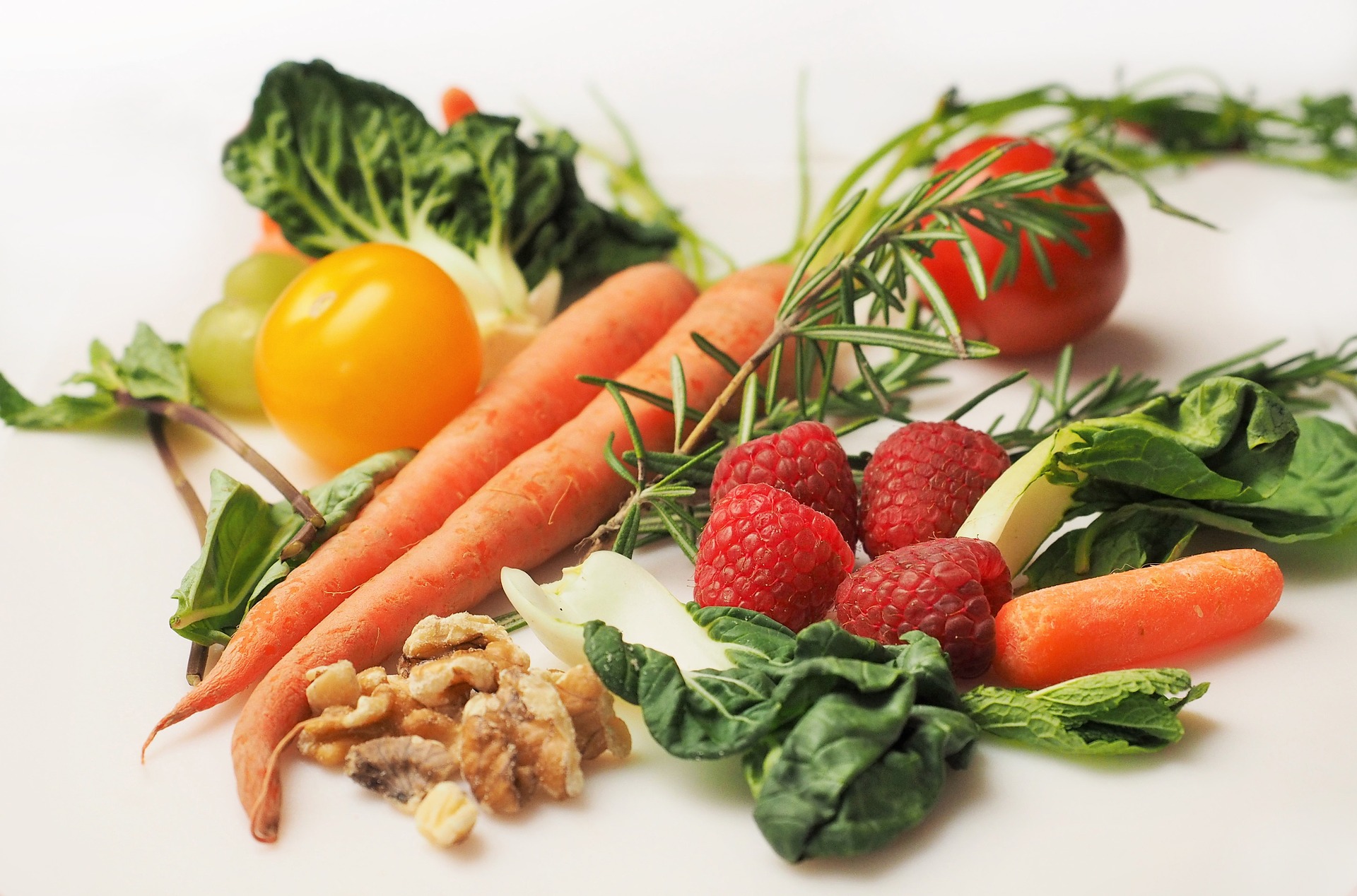 Good nutrition is important, but during stress and boredom can result in some unhealthy eating habits. For guidance about healthy eating and diet, have a look at our article HERE.
Good nutrition is important, but during stress and boredom can result in some unhealthy eating habits. For guidance about healthy eating and diet, have a look at our article HERE.
There’s nothing better than a tasty, healthy homemade meal. Why not ask a friend or member of your family for one of their favourite recipes or go online and search for a recipe using the ingredients you have at the moment. It can be difficult to get some products, so get creative. For a helpful tool to find recipes for ingredients you have available, click HERE.
Looking after your mental health
 You might be worried about coronavirus and how it is impacting on your life. Shielding and staying away from friends and loved-ones can be difficult and stressful. It is important to acknowledge these feels and there are lots of things you can try to help your well-being.
You might be worried about coronavirus and how it is impacting on your life. Shielding and staying away from friends and loved-ones can be difficult and stressful. It is important to acknowledge these feels and there are lots of things you can try to help your well-being.
The mental health charity, Mind, have an excellent article on their website with information and guidance for looking after your mental well-being throughout the pandemic – HERE.
When we’re stressed about something, our thoughts tend to speed up. Taking time to practise mindfulness can help produce a sense of calmness. Mindfulness involves paying closer attention to the present moment, and focusing on your thoughts, feelings, bodily sensations and the world around you to improve your mental well-being. The aim is to develop a better understanding of your mind and body, and to learn how to live with more appreciation and less anxiety. Awareness of this kind also helps us notice signs of stress or anxiety earlier and helps us deal with them better. You can read more about mindfulness HERE.
Stay connected
 If you are spending more time at home due to shielding or strict social distancing, it is common to experience feelings of loneliness.
If you are spending more time at home due to shielding or strict social distancing, it is common to experience feelings of loneliness.
It is therefore important to stay in touch with family and friends. Try to organise regular catch-ups by telephone or using video chat services such as Skype, WhatsApp, Houseparty, Zoom or FaceTime.
If you would like to chat to someone else with lupus, we have a network of trained volunteer telephone contacts. Their telephone numbers can be found in the inside-back cover of LUPUS UK News & Views Magazine or you can complete the online form to be sent details of your local contact.
You can also chat to other people with lupus on our HealthUnlocked Community Forum. You can join for free HERE.
Rest
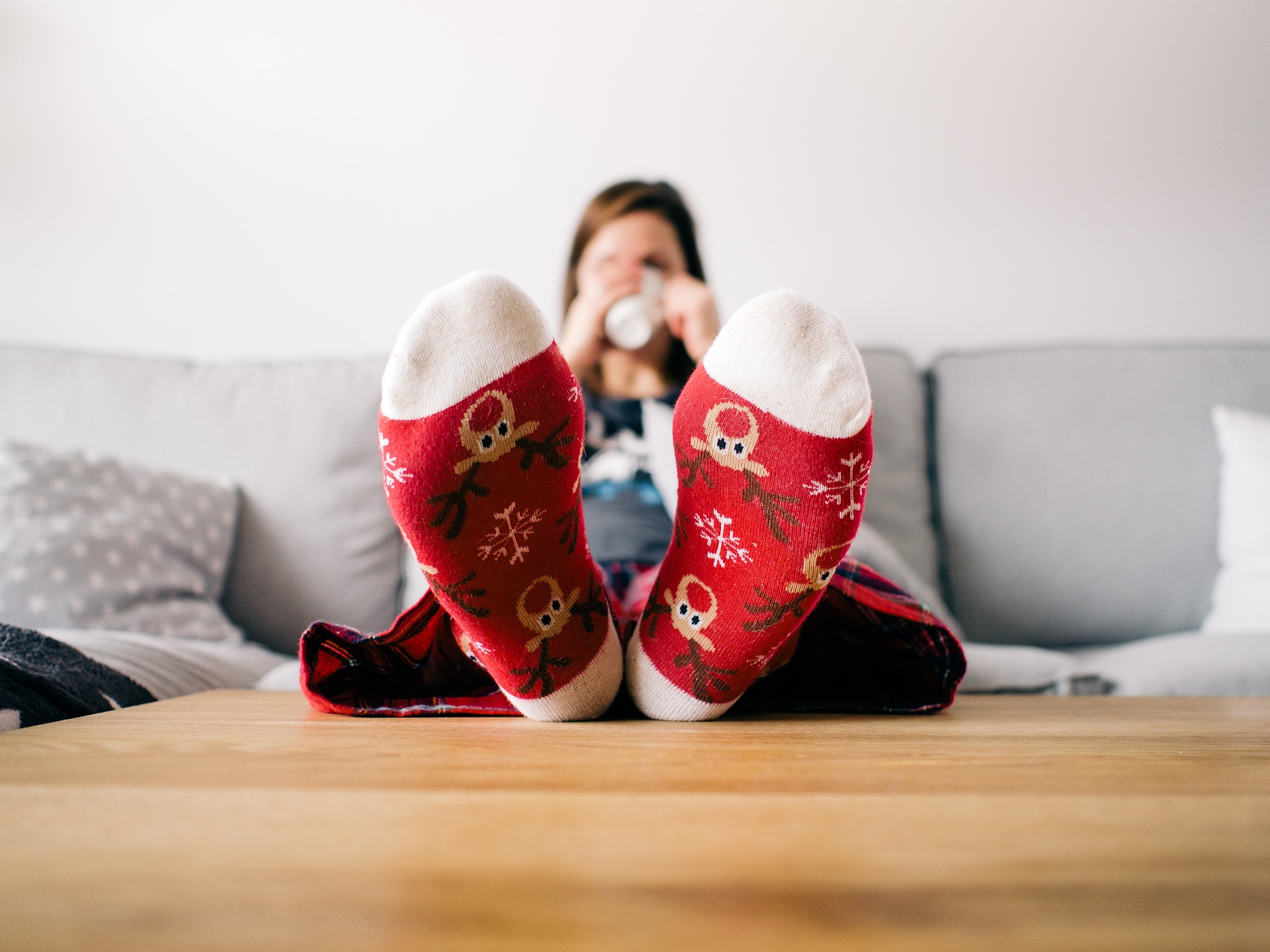 It can be easy to feel guilty for not being productive during this time, especially if you see friends and family on social media doing home/garden renovations or exploring new hobbies. It is a stressful enough time without placing this additional pressure on yourself.
It can be easy to feel guilty for not being productive during this time, especially if you see friends and family on social media doing home/garden renovations or exploring new hobbies. It is a stressful enough time without placing this additional pressure on yourself.
Find time to do something that makes you feel good; listen to music, watch a favourite film or TV show, read a book or practice a hobby. It can be good to allow yourself to zone-out from what’s going on in the world.
Take a break from the news
News and social media are full of coronavirus updates right now. It’s important to stay informed, but try to limit your media intake to a couple of times a day and only use trusted news sources. If you find yourself turning to social media because you’re feeling isolated, take a break and spend time on another activity, such as those suggested above.



 ©2024 LUPUS UK (Registered charity no. 1200671)
©2024 LUPUS UK (Registered charity no. 1200671)